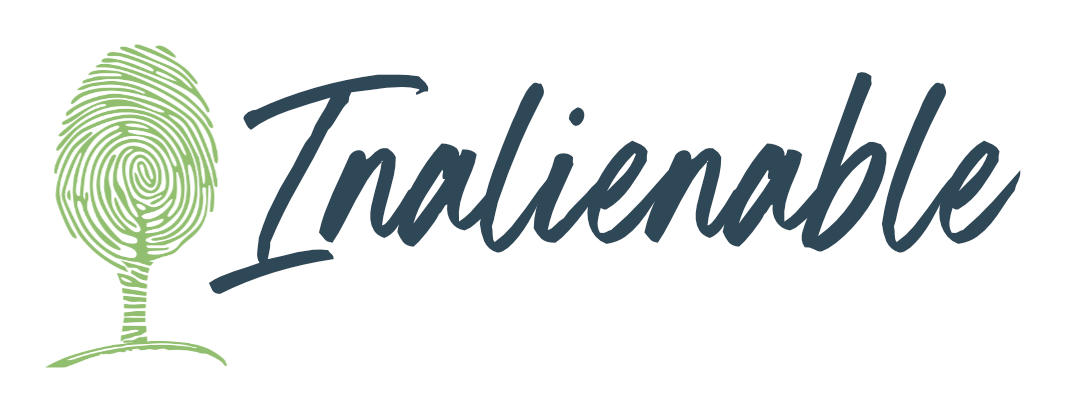Regional Spotlights: Citizenship Challenges and Progress in Identity Registration.
At Inalienable, we believe that a legal identity is the foundation of dignity and justice. It's the key that unlocks access to fundamental rights like education, healthcare, and social protection. Yet, millions worldwide remain invisible, particularly in developing regions, due to a lack of birth and citizenship registration.
In this expert article, we delve into regional spotlights, examining the varied landscapes of citizenship registration, drawing insights from comprehensive reports like UNICEF's "The Right Start in Life: 2024 Update."
The Global Picture: A Right Denied to Millions
Significant disparities persist in birth registration rates across different regions. While global progress has been made, millions of children still go unregistered each year. This absence of a legal identity often traps individuals in cycles of vulnerability, making them susceptible to exploitation and denying them a full life.
The good news? Almost 8 in 10 children have their births registered globally (that’s for children under 5 years old).
So what’s holding back the last 20% or so? It’s complex, though some reasons stand out:
Lack of Awareness: Families may not understand the importance or process of registration.
Geographical Barriers: Remote communities often lack access to registration centers.
Financial Costs: Fees, even small ones, can be prohibitive for impoverished families.
Cultural Practices: Traditional beliefs or practices can sometimes delay or prevent registration.
Discrimination: Marginalized groups, including indigenous populations, refugees, and minorities, often face systemic barriers.
We see most of these factors at work in Mexico, for example. Each family’s story is different, but these factors come up again and again.
Sub-Saharan Africa (51%): Persistent Gaps and Promising Initiatives
Sub-Saharan Africa continues to face the lowest birth registration rates globally. Additionally, over half of unregistered children globally are in this region. Challenges here are often compounded by high rates of poverty, conflict, and vast geographical distances. However, there are promising initiatives. Many countries are implementing mobile registration campaigns, digital solutions, and community-based outreach programs to reach remote populations. The focus remains on strengthening civil registration systems and ensuring that every child is registered at birth, laying the groundwork for their legal identity and future citizenship.
South Asia (78%): Addressing Disparities and Promoting Access
While some countries in South Asia have made significant strides, disparities often exist between urban and rural areas, and among different socio-economic groups. Efforts in this region often involve public awareness campaigns, training local officials, and integrating birth registration with health services (e.g., at the time of vaccination) to increase coverage. The emphasis is on making registration accessible and understandable for all segments of the population. It is important to know that, the population density of this area means this area is also about a third of unregistered births globally.
Latin America and the Caribbean (95%): Progress with Remaining Pockets of Vulnerability
Many countries in Latin America and the Caribbean have achieved high birth registration rates. However, challenges persist, particularly for indigenous communities, migrant populations, and those in remote areas. That’s a big part of why Inalienable’s work focuses on these communities. The focus in these regions often shifts to addressing specific legal or administrative barriers that prevent these vulnerable groups from obtaining full legal recognition and citizenship rights. Advocacy for inclusive laws and simplified procedures is key.
Oceania, Excepting Australia and New Zealand (26%): Low Populations, But Low Registration Rates
Registration rates are lowest here. While populations overall are relatively low, the low rate of registration remains a huge problem.
Inalienable's Commitment to Justice
The data from reports like UNICEF's underscores a critical truth: the fight for citizenship registration is a fight for global justice. Every unregistered birth represents a potential life lived in the shadows, deprived of fundamental rights.
At Inalienable, our work is deeply rooted in these realities. We are committed to:
Direct Legal Aid: Providing on-the-ground assistance to individuals and families navigating complex registration processes.
Systemic Advocacy: Working with governments and international bodies to advocate for policy reforms that simplify and universalize citizenship registration.
Community Empowerment: Educating communities on the importance of legal identity and their rights.
We believe that by ensuring every person has a recognized identity, we are upholding their inherent dignity, fostering their resilience, and paving the way for a more just and equitable world. Join us in this endeavor to ensure that no one remains invisible.
Learn more about our impact and how you can support our mission.
